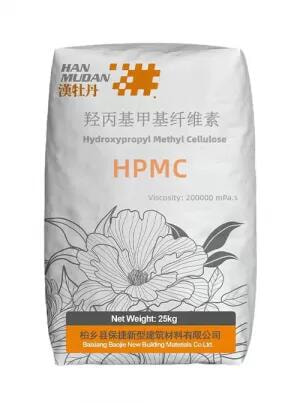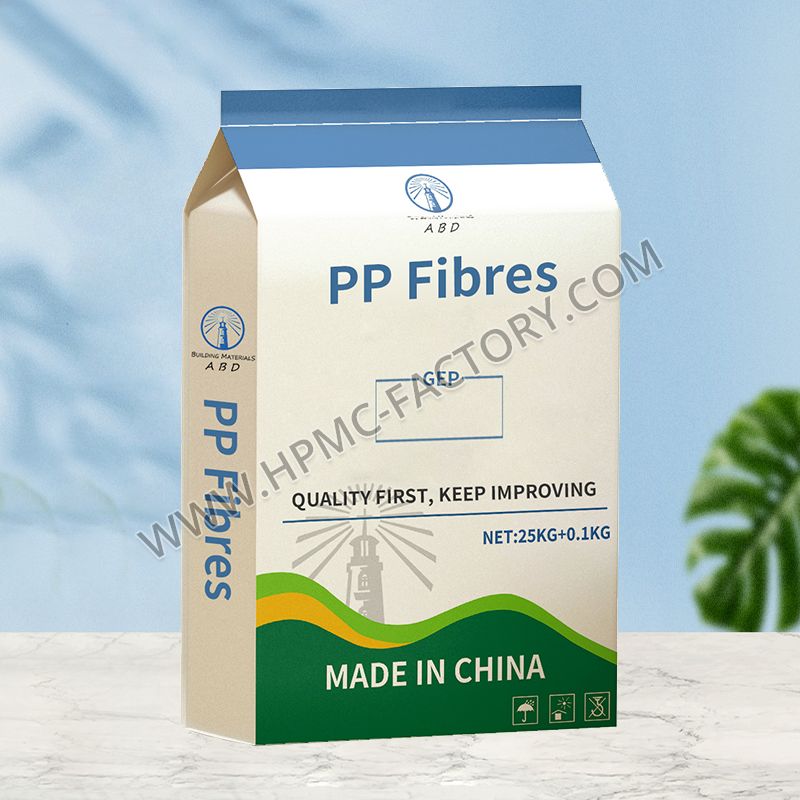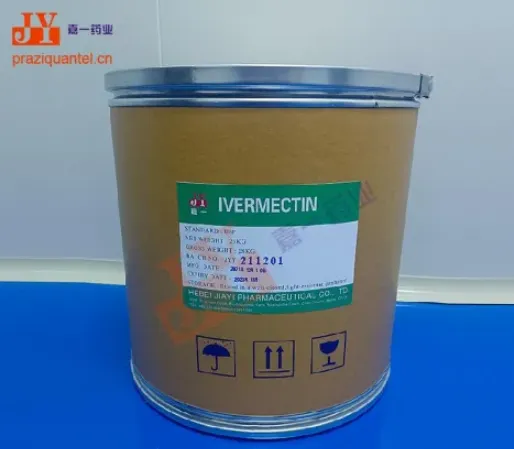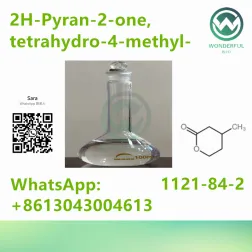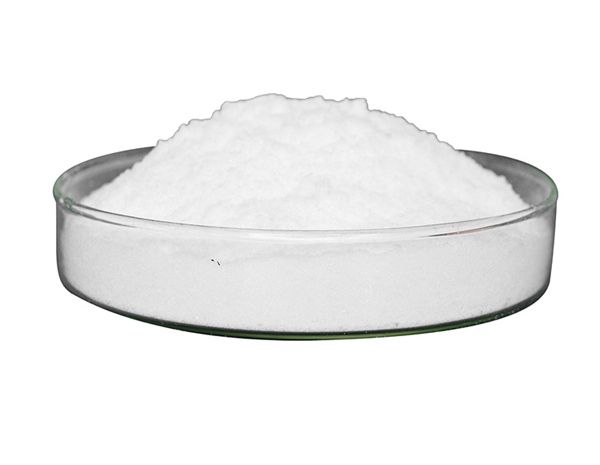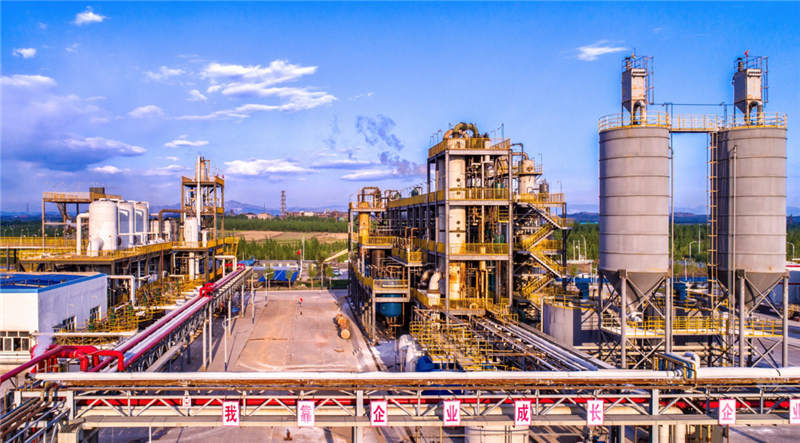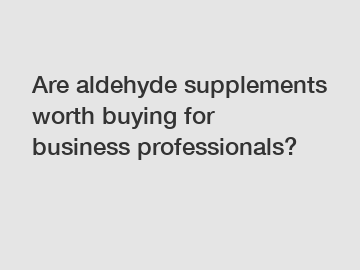Self-Leveling Concrete Market: Exploring Global Emerging ...
Self-Leveling Concrete Market: Exploring Global Emerging ...
Global Self-Leveling Concrete Market Size And Forecast
Are you interested in learning more about Self-Leveling Compound Manufacturer? Contact us today to secure an expert consultation!
The Self-Leveling Concrete market experiences a transformative exploration from to , where in-depth analysis unveils critical trends and opportunities. Stakeholders benefit from a comprehensive understanding of regional dynamics, competitive landscapes, and emerging market forces, shaping a strategic vision for the future. The study anticipates technological advancements and regulatory changes, empowering businesses to navigate this period of evolution successfully.
The competitive landscape of the Self-Leveling Concrete market is characterized by a diverse array of players vying for market share and prominence. As of the latest market analysis, several key players are strategically positioned, contributing significantly to the market's dynamism. Key insights include comprehensive market dynamics, a granular competitive landscape, key regulatory policies, and recent developments across different regions. The report also offers strategic advice on market entry and investment strategies.
Request PDF Sample Copy of Report: (Including Full TOC, List of Tables & Figures, Chart) @ https://www.marketresearchintellect.com/download-sample/?rid=&utm_source=Pulse&utm_medium=017
Competitive Scene of the Self-Leveling Concrete Market:
The Self-Leveling Concrete market is marked by a dynamic and rapidly changing competitive landscape. A multitude of players, spanning from well-established industry leaders to pioneering startups, compete for market share and supremacy. Rigorous competition cultivates an ongoing pursuit of innovation and exceptional performance as companies strive to distinguish themselves through superior product quality, pricing tactics, and customer satisfaction. Market dynamics are shaped by variables such as technological innovations, regulatory modifications, and evolving consumer preferences. This dynamic competition not only drives market expansion but also poses challenges and opportunities for participants, fostering strategic collaborations, consolidations, and takeovers as businesses strive to maintain a competitive edge in this constantly evolving environment. In general, the Self-Leveling Concrete market presents a captivating array of competition, where the ability to adjust and come up with new ideas are crucial factors for achieving success.
Self-Leveling Concrete Market: Future Demand and Top Key Players
- Ardex
- Arkema
- Mapei
- Lafargeholcim
- Quikrete
- Duraamen Engineered Products
- Fosroc
- Flowcrete
- CTS Cement
- Durex Coverings
- Saint-Gobain
- Sakrete
- Durabond Products Limited
- TCC Materials
- Laticrete International
- Dayton Superior
- W. R. Meadows
- Harricrete
- USG
- Koster Bauchemie
- MYK Schomburg
- ACG Materials
- Sika
- Larsen Building Products
The future demand and key players in the Self-Leveling Concrete market are poised to play pivotal roles in shaping the industry's trajectory. Anticipated demand in the coming years is expected to be driven by specific factors, such as technological advancements, changing consumer behaviors, regulatory shifts, or global trends. As the market evolves, several key players will likely emerge as influential forces. Among the top contenders are leading companies or organizations, known for their innovation, market presence, and strategic initiatives.
Self-Leveling Concrete Market by Type
- Underlayment
- Toppings
Self-Leveling Concrete Market by Application
- Residential
- Commercial
Self-Leveling Concrete Market Scope of the Report:
The scope of the report on the Self-Leveling Concrete market encompasses a comprehensive analysis of various key elements, providing stakeholders with valuable insights into the industry's dynamics. The report is designed to thoroughly examine market trends, growth drivers, challenges, and opportunities within the specified timeframe. It includes a detailed assessment of market segments, such as product types, applications, and regions, providing a granular view of the market landscape.
Get a Discount On The Purchase Of This Report @ https://www.marketresearchintellect.com/ask-for-discount/?rid=&utm_source=Pulse&utm_medium=017
Self-Leveling Concrete Market Geography:
The geographical scope of the Self-Leveling Concrete market pertains to the specific regions or countries that are encompassed by the market analysis. The extent of geographic coverage for "Self-Leveling Concrete" can vary depending on the specific industry or market being discussed. Below is a versatile template that you can customize by substituting "Self-Leveling Concrete" with the appropriate industry or market.
The Self-Leveling Concrete market showcases a heterogeneous geographical terrain, encompassing analysis and insights across multiple regions and countries. This comprehensive evaluation covers major international markets, such as North America, Europe, Asia-Pacific, Latin America, the Middle East, and Africa, among others. Every region has a distinct impact on the market dynamics, which are shaped by various factors including economic conditions, regulatory frameworks, technological uptake, and cultural inclinations.
Reasons Why You Should Buy This Report:
1. Comprehensive Market Insights:
- Gain a deep understanding of the Self-Leveling Concrete market with comprehensive insights into current market trends, dynamics, and key factors influencing growth.
2. Strategic Decision-Making:
- Formulate informed business strategies based on detailed analysis and market intelligence provided in the report.
- Identify opportunities and threats to make strategic decisions that align with market trends.
3. Competitive Landscape Understanding:
- Access a detailed assessment of the competitive landscape, including profiles of key players, their market share, and strategic initiatives.
- Stay ahead of the competition by understanding the strengths and weaknesses of major market participants.
4. Market Forecast and Future Trends:
- Anticipate future market trends, opportunities, and challenges to position your business for long-term success.
- Make proactive decisions based on insights into emerging technologies and changing consumer preferences.
5. Risk Mitigation and Management:
- Identify potential risks and challenges in the Self-Leveling Concrete market, allowing for effective risk management strategies.
- Stay prepared for uncertainties and disruptions through a thorough analysis of market dynamics.
Frequently Asked Questions (FAQ) - Self-Leveling Concrete Market
1. What is the current state of the Self-Leveling Concrete market?
- As of the latest data, the Self-Leveling Concrete market is experiencing growth, stability, challenges.
2. Who are the key players in the Self-Leveling Concrete market?
- Prominent players in the Self-Leveling Concrete market include key companies, known for their notable characteristics or strengths.
3. What factors are driving the growth of the Self-Leveling Concrete market?
- The growth of the Self-Leveling Concrete market can be attributed to factors such as key drivers technological advancements, increasing demand, and regulatory support.
4. Are there any challenges affecting the Self-Leveling Concrete market?
- The Self-Leveling Concrete market's challenges include major challenges competition, regulatory hurdles, and economic factors.
5. How is the competitive landscape in the Self-Leveling Concrete market?
- The competitive landscape is characterized by the competitive dynamics ' key players, market share, and strategies.
6. What are the key trends shaping the Self-Leveling Concrete market?
- Current trends in the Self-Leveling Concrete market include significant trends ' technological innovations, and changing consumer preferences.
7. How is the Self-Leveling Concrete market segmented?
- The market is segmented based on segmentation criteria ' geography, product type, and end-users, providing a comprehensive view of its diverse landscape.
8. What growth opportunities exist in the Self-Leveling Concrete market?
- Growth opportunities in the Self-Leveling Concrete market include identifying potential areas for growth ' emerging markets, and untapped customer segments.
9. How can businesses enter the Self-Leveling Concrete market successfully?
- Entering the Self-Leveling Concrete market successfully requires offering strategic advice ' market research, partnerships, and innovation.
10. What are the future prospects for the Self-Leveling Concrete market? -
- The Self-Leveling Concrete market is poised to describe future prospects ' continued growth, and evolving trends, making it an attractive space for target audience ' investors, business.
Table of Contents: Self-Leveling Concrete Market
1. Introduction of the Self-Leveling Concrete Market
- Overview of the Market
- Scope of Report
- Assumptions
2. Executive Summary
For more pure acrylic emulsion manufacturersinformation, please contact us. We will provide professional answers.
Additional reading:Questions Answered
BDO Liquid CAS 110-63-4 Suppliers, Manufacturers, Factory
Non-explosive demolition agents
2-Bromo-1-Phenyl-1-Pentanone
First Aid Kiss | Nail Strengthener
Revolutionize Your Training with Intermittent Hypoxic Hyperoxic Device
The Truth About Food Additives and Magnesium
3. Research Methodology of Market Research Intellect
- Data Mining
- Validation
- Primary Interviews
- List of Data Sources
4. Self-Leveling Concrete Market Outlook
- Overview
- Market Dynamics
- Drivers
- Restraints
- Opportunities
- Porters Five Force Model
- Value Chain Analysis
5. Self-Leveling Concrete Market, By Product
6. Self-Leveling Concrete Market, By Application
7. Self-Leveling Concrete Market, By Geography
- North America
- Europe
- Asia Pacific
- Rest of the World
8. Self-Leveling Concrete Market Competitive Landscape
- Overview
- Company Market Ranking
- Key Development Strategies
9. Company Profiles
10. Appendix
For More Information or Query, Visit @ Global Self-Leveling Concrete Market Size And Forecast
About Us: Market Research Intellect
Market Research Intellect is a leading Global Research and Consulting firm servicing over + global clients. We provide advanced analytical research solutions while offering information-enriched research studies. We also offer insights into strategic and growth analyses and data necessary to achieve corporate goals and critical revenue decisions.
Our 250 Analysts and SMEs offer a high level of expertise in data collection and governance using industrial techniques to collect and analyze data on more than 25,000 high-impact and niche markets. Our analysts are trained to combine modern data collection techniques, superior research methodology, expertise, and years of collective experience to produce informative and accurate research.
Our research spans a multitude of industries including Energy, Technology, Manufacturing and Construction, Chemicals and Materials, Food and Beverages, etc. Having serviced many Fortune organizations, we bring a rich and reliable experience that covers all kinds of research needs.
Contact the US:
Mr. Edwyne Fernandes
Market Research Intellect
US: +1 (650)-781-
US Toll-Free: +1 (800)-782-
More Articles From Market Research Intellect
Floor Leveling Compounds
Floor leveling compound is a versatile product that has many applications for leveling and finishing concrete floors. There are two types of products given this name, and while they are very similar and the names are often used interchangeably, there is a minor difference:
- Floor-leveling compound must be finished using tools
- Self-leveling floor compound is a type of floor-leveling compound that requires no tooling
There's more detail below in the discussion of the Types of Floor Leveling Compound that you may use in a kitchen or main living area.
In this comprehensive guide, you'll discover what these materials are, how to use them and the best floor-leveling compound to buy from your local home improvement stores.
Request a flooring project quote
-
1
Choose your type of flooring project.
-
2
Enter your ZIP code and home information.
-
3
We will match you with the top local pros.
Get free estimates from flooring pros near you.
Get a quote in less than 60 seconds.
Get Free Estimate
Hardwood Floor Installation
The average total cost ranges from $9 to $20 per square foot.
Get Free EstimatesCarpet Installation
The average total cost for carpet ranges from $5.67 to over $21 per square foot, depending on the quality.
Get Free EstimatesLaminate Floor Installation
The average total cost for laminate flooring is between $3 to $13 per square foot.
Get Free EstimatesFloor leveling compound and its uses
This material combines strength for permanency with the level of liquidity necessary to be finished with minimal tooling or none at all.
While each floor-leveling compound Home Depot and other sellers offer has a unique mix, there are two ingredients they share, Portland cement and polymers/plasticizers. The combination gives concrete the compressive strength of thicker traditional concrete and the ability to hold together even when poured in a thin layer of material and used in the following situations:
- The most common use is too create a consistent, level subfloor for wood, tile, vinyl and other floorings
- Bring a low area of a concrete floor up to the level of the surrounding flooring
- Cover tubing for in-floor radiant heat systems
- Form a smooth, level topping over existing concrete or plywood that is in poor condition
Preparing, pouring and finishing
Any bag of leveling concrete you purchase will include clear instructions. To prepare you to gather or purchase what you'll need, here is a list of tools and supplies:
- A shop vacuum and mop
- A 15-gallon mixing barrel is best for DIY floor-leveling compound application, but you can get by with a 5-gallon pail if you are willing to mix more loads
- Measuring pitcher to add mix to your barrel prior to adding water
- Mixing paddle with a shaft of 20' or more and an oval mixing head
- Standard drill to drive the paddle for small batches and a mixing drill for 10-gallon or larger batches
- Spreader or squeegee for pushing the floor-leveling compound into position and smoothing it
- Finishing trowel to create a smooth, finished surface
- Spiked shoes, which are strapped to shoes or boots, are used to walk onto already-poured leveling compound during the final troweling of the surface
- Concrete surface primer should be applied to concrete surfaces to ensure a good bond between the existing floor and the leveling material, and depending on the size of the area, a brush, roller or broom can be used (and cleaned immediately)
You can find a floor leveling kit at most home improvement stores or online. The 7-piece Kraft Tool self-leveling tool kit with 15-gallon barrel is just one popular kit. It is currently available at Home Depot for $149. It does not include the drill.
The amount of floor-leveling compound you will need depends on the size and depth of the dips you'll be filling or the thickness of the topping you plan to install. This is a rough guide based on leveling 100 square feet to various depths:
- 1/8' ' 100 to 120lbs of mix
- 1/4' ' 200 to 240lbs of mix
- 1/2' ' 400 to 480lbs of mix
- 1' ' 800 to 960lbs of mix
This calculator features TEC brands only, but brands of leveling compound are very similar in their coverages.
Always buy more bags of mix than you need, so that you can finish the job while the compound is still wet. Most DIY installers are surprised at how thin the material seems to be when mixed in proper ratio to water. This is common. You'll be equally surprised at how tough and durable it is as it thickens and cures.
There are many good video tutorials online for pouring, spreading and finishing floor-leveling compound.
Read the directions from start to finish and follow them carefully. Most include these basic steps for how to use floor-leveling compound that requires the use of tools:
- Sweep and mop the area to remove dirt and debris
- Tape craft paper or plastic to any wall adjoining the floor you're leveling
- Caulk or tape over seams in plywood or OSB subfloor
- Install a cardboard collar around vents and drains to keep the liquid out of them
- Add wood or rubber strip dams at doorways when pouring floor leveling concrete in an entire room
- Prep dry mix bags for large jobs by cutting an opening for fast pouring into your mixing barrel
- Add the prescribed amount of water for your batch
- Use the drill and paddle to fully blend the material
- In small areas, pour the compound in lateral, 12'-24' strips starting at the spot furthest from the end/exit point; In large areas, pouring an entire barrel into the low area
- Use the spreader or squeegee to push the compound into place and give it an initial smoothing
- Finishing the surface with a concrete finishing tool
- Staying off the new surface for as long as recommended on the packaging, usually at least 6 hours
- Clean all tools immediately after use to prevent the compound from hardening on them
- Use a level in large areas to check if the surface is level, mark areas that are still low, and mix and apply enough additional material to make them level
If you're using self leveling compound on your floor, then your biggest concern should be to not pour out more compound than is required to fill the space. If you do, excess can be scooped up with a flat shovel or dust pan and deposited in a pail.
Types of compound and pros & cons
As noted above, we're discussing two products, one a subset of the other:
Floor-leveling compound is any mix used to fill low areas and imperfections or add as a topcoat to existing flooring. Unless the product is labeled as self-leveling, it will need to be worked with tools as outlined above. Consider these pros and cons of a leveling compound that must be finished with tools:
- Pro: It is superior to self leveling compound for use as a smooth, acid-stained or stamped finish layer, and can be used as underlayment too
- Con: Having to finish the concrete requires more skill and tools, so is less attractive as a DIY material
Self leveling floor compound is much easier to use because it does not require tooling when installed as underlayment and only minor tooling when it is the finished floor. This material is also commonly called self leveling concrete and self leveling underlayment.
- Pros: Ease of use as a DIY underlayment, and it is a better product for covering radiant heat tubing
- Cons: The surface won't be as smooth and crisp as a finished concrete surface if not finished with tools
Best floor leveling products, cost and where they're sold
Here are some of the best-selling floor leveling products, their cost and common places you can find them:
The company is the world’s best mhec full form supplier. We are your one-stop shop for all needs. Our staff are highly-specialized and will help you find the product you need.
- LevelQuik RS Self-Leveling Underlayment is another water-based product. It is used under tile, stone, hardwood, vinyl and carpet. The cost is about $32 per 50lb bag, and LevelQuik RS is sold at the Home Depot, ACE Hardware and online at Amazon.
- MAPEI Self-Leveler Plus is water-based self leveling floor compound used strictly as underlayment. It is ready for tile in 24 hours and wood in 48 hours. The cost is about $30 per 50lb bag, and this MAPEI product is sold at Lowes and some local, independent flooring stores.
- TEC Gray and Silver Indoor Leveler is not self leveling. It can be poured in thicknesses up to 1.5', and can be covered in 16 hours. This water-based TEC product can be used as finished flooring, and it costs about $37 per 50lb bag at Lowes.
- Henry 555 Level Pro is a water-based self-leveling underlayment that can be used over wood, tile and concrete. The cost is about $37 per 40lb bag at the Home Depot.
- Akona Self-Leveling Floor Underlayment Cement is another water-based powder mix for use over plywood and concrete. It doesn't require primer. This Akona floor-leveling compound is available at Mennards for about $35 per 50lb bag.
- Rutland Floor Level is a floor-leveling compound in a premixed tub. The cost is about $11 for 3.5lbs at Amazon and about $57 for a 25lb tub at Wal-Mart.
Everything You Need to Know About Heavy Magnesium Carbonate ≥0.5 g/ml
What are the best 1 4 butanediol bulk discounts?
Does Ivermectin kill fleas?
Methyluracil Ointment: A Versatile Topical Medication for Skin Health
How is formaldehyde produced in a formaldehyde plant?
Hydroxyethyl Cellulose (HEC): A Versatile Wonder in Modern Industry
How is Copper Sulphate Used on Plants?




